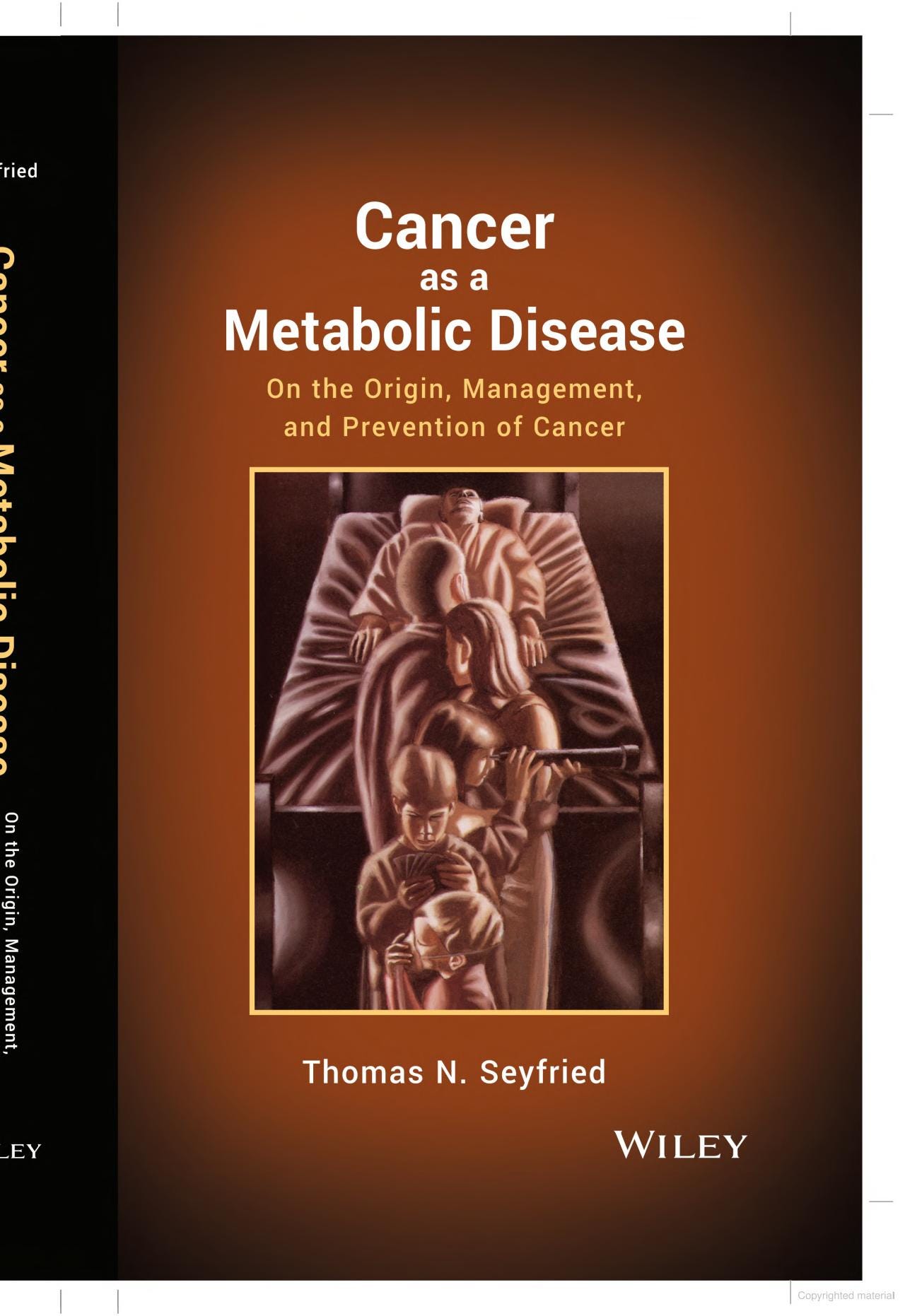Exploring Alternatives Made Sense
Charting a Course in an Atmosphere of Control and Anxiety
This is a follow-up to the earlier article: Dennis Stacey’s Journey with Cancer: A Metabolic Approach. In this piece, I review additional details from the video for those who may not have watched it. I found many important insights, enough to potentially write another article based on the video alone. This article will discuss two aspects of Dennis’s story: the patient-oncologist dynamic and the significance of stress reduction for all cancer patients—and those without cancer, too!
The tumor, found and removed, was the size of a mandarin orange and located in Dennis's pulmonary artery. His cancer was diagnosed as pulmonary artery intimal sarcoma, a particularly concerning condition. This rare cancer, occurring in only one in 80 million cases, is fast-moving and universally lethal. Initially, there was hope that the tumor might be a different, possibly treatable type of cancer. However, after the biopsy, the oncologist’s prognosis was grim. Without chemotherapy and radiation, Dennis might have only six to eight months left. Without treatment Dennis could maintain a relatively pleasant quality of life during that time with his children, avoiding significant discomfort. However, standard care options, while potentially extending survival to 15 or 16 months, would be unpleasant. Given these two options, Dennis was motivated to consider alternative treatments. The oncologist stated he would likely die in either case, so exploring alternatives made sense.
On one hand, Dennis had just undergone life-saving, innovative surgery, a procedure considered advanced even for that hospital. On the other hand, after surviving this risky surgery, he faced a grave decision. Both options offered bleak outcomes: follow standard care or prepare for a dignified passing, each leading to a life expectancy of about six months to a maximum of two years.
A glimmer of hope emerged as Dennis considered alternative approaches. If you read the previous article or watched the YouTube interview, you know he chose to implement a therapeutic ketogenic diet. This is not a standard ketogenic diet, which is much less strict than what is required to manage cancer effectively.
Even if someone chooses not to follow such a strict diet, they could learn from Dr. Thomas Seyfried’s protocol. A significant aspect of Dr. Seyfried’s protocol is the emphasis on drastically reducing stress. Why is this crucial? Dennis learned that even something as innocent as playing video games can cause blood sugar levels to rise significantly, sometimes by as much as 50 points, and these levels can remain elevated. Dr. Seyfried’s 2017 paper asserts that stress reduction, mindfulness, and meditation are essential components of the protocol, not merely an afterthought. Stress prompts the body to produce cortisol, the stress hormone, driving gluconeogenesis, the process responsible for producing new glucose in the liver.

If stressors—whether from work, home, or general life—are unaddressed, they can lead to unexpected changes in blood sugar levels, particularly when striving to maintain therapeutic glucose levels. For example, Dennis experienced a blood glucose spike from 62 to 120 after playing an aggressive video game highlighting how external stressors profoundly impact blood glucose levels. Thus, managing family, work-related, or any stress is crucial for overall health for everyone, not just cancer patients!
The Oncology Situation
Beyond lifestyle changes, Dennis’s experience with his medical team offers valuable insights into navigating cancer care. Dennis was referred to an oncology team at Jubilee Hospital in Victoria, where he found the staff exceptional. The entire team, from nurses to physicians, worked tirelessly to support him. BC Cancer, located across from Jubilee Hospital, collaborated effectively with his oncologist and other specialists, including an internist and a surgical team. He credits them with his survival and has developed meaningful relationships with many medical professionals involved in his care.
While his oncologist was supportive, as with all oncologists, they are legally bound to recommend and administer standard care. As Dennis explored alternative options, the oncologist had to step back but maintained effective communication.
Navigating relationships with oncologists and the medical community can be challenging for patients considering alternative treatments. Oncologists have to tread cautiously, as recommending alternatives not covered by standard care can threaten a physician’s license.
Dennis had chosen not to pursue chemotherapy and radiation but he did not inform the oncology team about his decision. This strategy allowed him to continue receiving CT scans and necessary support because patients can be removed from their oncology team for certain choices.
After one of the initial follow-up scans, the results showed no reperfusion in the heart, and the stage four metastasis observed in the lung and lymph nodes had decreased by 50%. This was noted within just four and a half to five weeks of implementing glucose inhibition through diet, stress reduction and DON administration with HBOT (6-diazo-5-oxo-L-norleucine, and hyperbaric oxygen therapy.)—an impressive turnaround.
For more details on Dennis’s inspiring journey and the specifics of his approach, watch the full YouTube interview and read my article, Dennis Stacey’s Journey with Cancer: A Metabolic Approach. Explore how his story might inform your own health choices or inspire someone you know!




Thank you Renee, I have restacked.
"Dennis learned that even something as innocent as playing video games can cause blood sugar levels to rise significantly, sometimes by as much as 50 points, and these levels can remain elevated. Dr. Seyfried’s 2017 paper asserts that stress reduction, mindfulness, and meditation are essential components of the protocol, not merely an afterthought."
There's so much we have to learn. Too bad the profit motive is behind a lot of the research.
Leslie